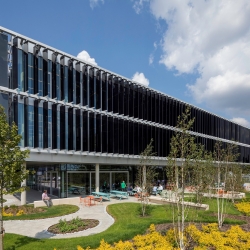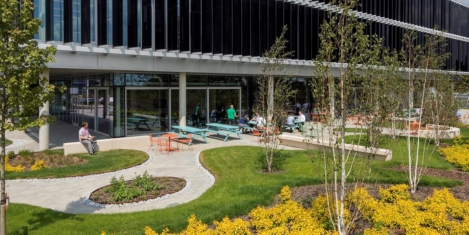To provide the best experiences, we use technologies like cookies to store and/or access device information. Consenting to these technologies will allow us to process data such as browsing behaviour or unique IDs on this site. Not consenting or withdrawing consent, may adversely affect certain features and functions.
The technical storage or access is strictly necessary for the legitimate purpose of enabling the use of a specific service explicitly requested by the subscriber or user, or for the sole purpose of carrying out the transmission of a communication over an electronic communications network.
The technical storage or access is necessary for the legitimate purpose of storing preferences that are not requested by the subscriber or user.
The technical storage or access that is used exclusively for statistical purposes.
The technical storage or access that is used exclusively for anonymous statistical purposes. Without a subpoena, voluntary compliance on the part of your Internet Service Provider, or additional records from a third party, information stored or retrieved for this purpose alone cannot usually be used to identify you.
The technical storage or access is required to create user profiles to send advertising, or to track the user on a website or across several websites for similar marketing purposes.
 CPMG Architects is celebrating success after its designs for the British Sugar head office scooped the title of Corporate Office of the Year at the British Council for Offices (BCO) Midlands and Central England Awards last week. (more…)
CPMG Architects is celebrating success after its designs for the British Sugar head office scooped the title of Corporate Office of the Year at the British Council for Offices (BCO) Midlands and Central England Awards last week. (more…)







 A new survey conducted by
A new survey conducted by 












 New research by management consultancy
New research by management consultancy 


 A new report, released by workplace design consultancy,
A new report, released by workplace design consultancy, 








October 26, 2020
Office design should embrace the new digital workplace
by John Comacchio • Comment, Workplace design